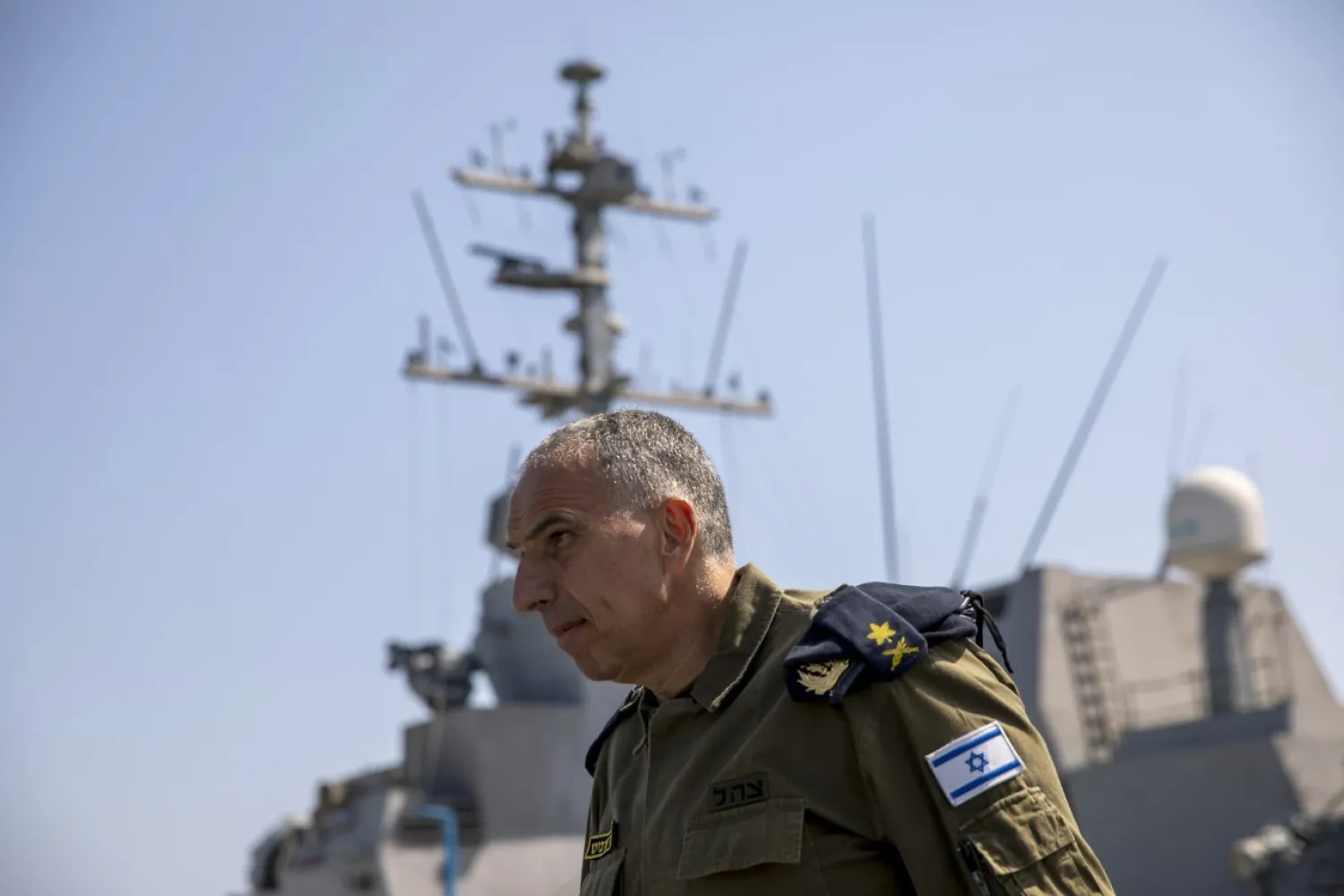Israel’s navy has stepped up its activities in the Red Sea “exponentially” in the face of growing Iranian threats to Israeli shipping, the country’s just-retired navy commander said in an interview.
Vice Adm. Eli Sharvit stopped short of confirming a series of attacks and mishaps on Iranian ships that have been attributed to Israel.
But he described Iranian activities on the high seas as a top Israeli concern and said the navy is able to strike wherever necessary to protect the country’s economic and security interests.
“The State of Israel will protect its freedom of navigation across the globe,” Sharvit told The Associated Press, days after completing his five-year term.
“That’s not related to distance from the country.”
Sharvit was a busy man during his tenure — overseeing a small but well-equipped force responsible for safeguarding Israel’s Mediterranean coast as well as the Red Sea, a vital gateway for imports from Asia.
While the Israeli navy has an overwhelming advantage over its enemies in the region, it nonetheless faces an array of threats.
They include the Lebanese terror group Hezbollah, which possesses an arsenal of guided surface-to-sea missiles, and Gaza’s Hamas terrorist rulers, which have developed a small squad of naval commandos, as well as the challenges posed by Iran’s military activity across the region.
One of the navy’s most important responsibilities is protecting Israel’s natural gas platforms in the Mediterranean Sea, which now provide some 75 percent of the country’s electricity.
Israel says Iran continues to try to smuggle sophisticated weapons to Hezbollah.
Sharvit confirmed that Israel has intercepted many arms shipments to Hezbollah. “We are very vigilant concerning seaborne arms shipments, and every time that a shipment is one of arms, and not something else, we act,” he said.
But Israel’s biggest concern, by far, is archenemy Iran. Israel accuses Iran of trying to develop nuclear weapons.
It also cites Iran’s military presence in neighboring Syria and Iran’s support for terror groups like Hezbollah and Hamas.
In recent years, Israel and Iran have been engaged in a shadow war that has seen the killings of Iranian nuclear scientists, mysterious explosions at Iranian nuclear facilities and more recently a series of explosions on cargo ships with Iranian or Israeli connections. In most cases, no one has claimed responsibility.
Sharvit refused to discuss specific operations but said Israeli naval activity in the Red Sea has grown “exponentially” over the past three years.
“We have increased our presence in the Red Sea most significantly,” Sharvit said.









